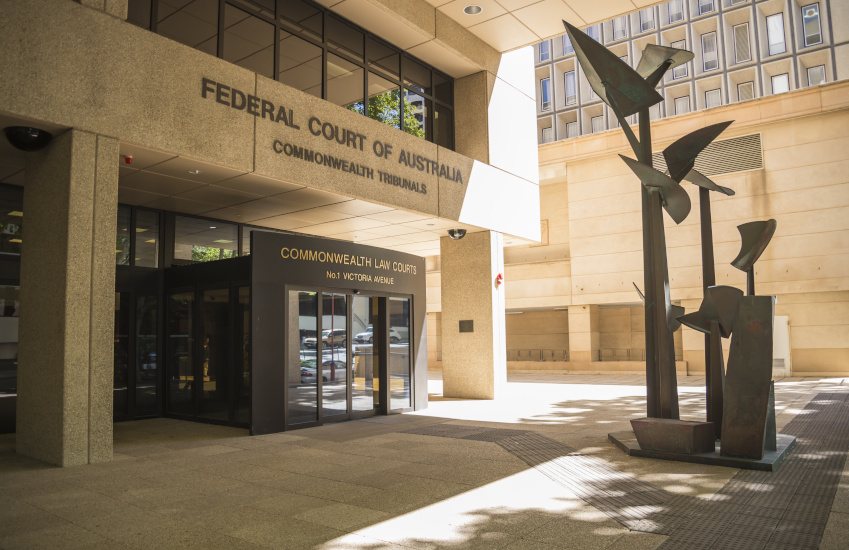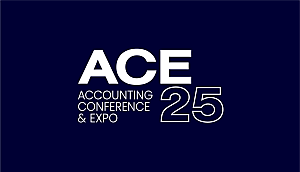In a recent Federal Court case, Sole Luna Pty Ltd as Trustee for the PA Wade No 2 Settlement Trust v Commissioner of Taxation [2019] FCA 1195, the court allowed a taxpayer’s appeal against a penalty imposed by the commissioner to stand, agreeing that the taxpayer and their tax agent had taken reasonable care in the making of statements to the commissioner.
You’re out of free articles for this month
The case revolves around whether the taxpayer was entitled to a deductible loss arising from the repayment of certain foreign currency-denominated loans, and whether the taxpayer was liable to pay additional tax by way of penalty because of failure to take reasonable care.
While the Federal Court ultimately found that the foreign exchange loss was not deductible and that there was no capital loss, it disagreed with the commissioner’s submission that the taxpayer and his agent failed to take reasonable care.
“This is not a case where a taxpayer had failed to take reasonable care because, for example, it negligently and mistakenly miscalculated an integer of a tax return. This is a case concerning a view taken of the law and an application of that view to facts reasonably perceived,” Justice Simon Steward said.
“In my view, Mr Wade and the trustee of the Wade Trust also took reasonable and prudent steps to retain a qualified tax agent, and took reasonable and prudent steps to seek tax advice about the application of the 1936 and 1997 acts from suitably qualified tax experts.
“Migrating a group of companies and a trust structure from overseas to Australia is a complex process and calls for a deft hand. This judgment shows that the decision to claim the deduction and capital loss was wrong. But it would not follow from that conclusion that reasonable care had not been taken.”
PwC partner Jonathan Woodger said the decision puts forward three propositions that often arise in debates with ATO audit teams.
“Taking considered, contemporaneous advice from suitably qualified tax professionals can amount to reasonable care, even if the advice turns out to be wrong and even if exact content of the advice is not known to the ATO or the court,” Mr Woodger said.
“Your position is reasonably arguable if it is ‘open to debate in the sense of being arguable’. This is perhaps a somewhat easier standard to satisfy than ‘about as likely to be correct as not’, which is how the test is sometimes formulated.
“The tests of reasonable care and reasonably arguable position are independent of each other. You have to satisfy them both to avoid penalty. But equally, the ATO can’t say just because you failed one, you have failed the other.”
Jotham Lian
AUTHOR
Jotham Lian is the editor of Accountants Daily, the leading source of breaking news, analysis and insight for Australian accounting professionals.
Before joining the team in 2017, Jotham wrote for a range of national mastheads including the Sydney Morning Herald, and Channel NewsAsia.
You can email Jotham at: This email address is being protected from spambots. You need JavaScript enabled to view it.

 Login
Login







